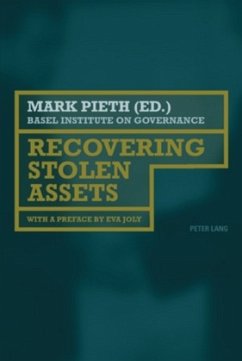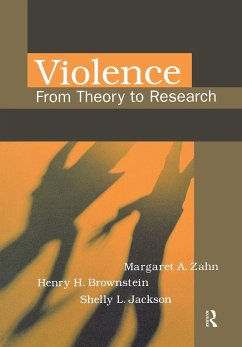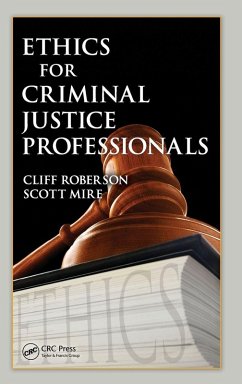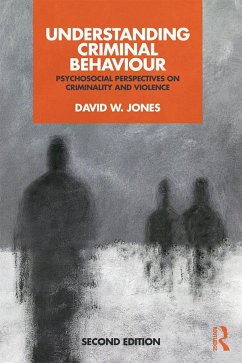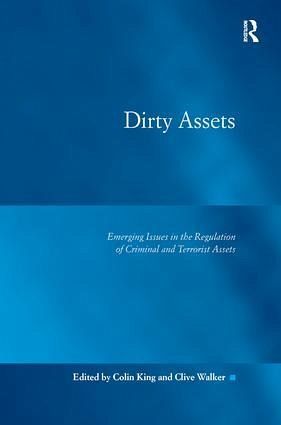
Dirty Assets
Emerging Issues in the Regulation of Criminal and Terrorist Assets

PAYBACK Punkte
89 °P sammeln!
Adopting a multi-disciplinary and comparative approach, this book focuses on the emerging and innovative aspects of attempts to target the accumulated assets of those engaged in criminal and terrorist activity, organized crime and corruption. It examines the 'follow-the-money' approach and explores the nature of criminal, civil and regulatory responses used to attack the financial assets of those engaged in financial crime in order to deter and disrupt future criminal activity as well as terrorism networks. With contributions from leading international academics and practitioners in the fields...
Adopting a multi-disciplinary and comparative approach, this book focuses on the emerging and innovative aspects of attempts to target the accumulated assets of those engaged in criminal and terrorist activity, organized crime and corruption. It examines the 'follow-the-money' approach and explores the nature of criminal, civil and regulatory responses used to attack the financial assets of those engaged in financial crime in order to deter and disrupt future criminal activity as well as terrorism networks. With contributions from leading international academics and practitioners in the fields of law, economics, financial management, criminology, sociology and political science, the book explores law and practice in countries with significant problems and experiences, revealing new insights into these dilemmas. It also discusses the impact of the 'follow-the-money' approach on human rights while also assessing effectiveness. The book will appeal to academics and researchers of financial crime, organized crime and terrorism as well as practitioners in the police, prosecution, financial and taxation agencies, policy-makers and lawyers.








